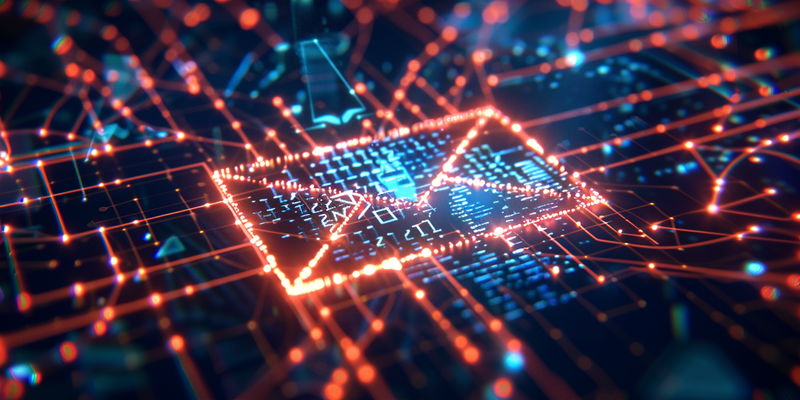Modern cybersecurity landscapes are besieged by a rapidly growing epidemic — phishing attacks. Recent findings have painted a grim picture of the situation, suggesting that digital threats are not only increasing in frequency but also in sophistication. A staggering 341% uptick in advanced phishing assaults over a mere six-month period has sent shockwaves through cyberspace, demanding a reevaluation of our collective digital defenses.
The Alarming Rise of Phishing
Sophisticated Scams and Attack Vectors
Phishing scams have undergone a disturbing metamorphosis, evolving from simple deceptive emails to complex schemes utilizing a spectrum of digital vectors. According to the latest research, clever attackers now frequently employ QR codes, tricking victims into scanning seemingly innocuous symbols that lead to malevolent payloads. Additionally, business email compromises have seen a worrying rise, with deceitful communications impersonating trusted entities to pilfer sensitive information, often bypassing traditional security measures through their sheer authenticity.
Moreover, the abuse of legitimate platforms for nefarious purposes has become a common tactic. Cybercriminals have shrewdly exploited trusted services such as Microsoft SharePoint and AWS to masquerade their malicious intentions, effectively leveraging the credibility of these platforms to spread malware and harvest credentials. Such tactics highlight the ingenuity of modern attackers and the need for equally sophisticated countermeasures.
Exponential Growth Post-ChatGPT
The introduction of AI tools like ChatGPT has brought about an unexpected collateral effect — a significant surge in phishing threats. The sheer versatility of AI to craft convincing and personalized phishing content has given adversaries new ammunition to further their malicious goals. Experts have recorded a 4151% increase in such threats since the launch of ChatGPT, indicating a disturbing trend where the adoption of cutting-edge technology by cybercriminals often outpaces the security industry’s ability to respond.
The Call to Action for Cyber Security
Enforcing Strong Cyber Hygiene
Reacting to this onslaught of threats, cybersecurity specialists underscore the importance of strong cyber hygiene. Urging consumers and organizations alike to rigorously maintain basic security practices, they advocate for routine updates, two-factor authentication, and a skeptical approach to unsolicited digital communication. Additionally, deploying advanced detection tools that proactively alert users about potential phishing attempts has become a recommended line of defense.
The cybersecurity terrain is under intense pressure from an escalating crisis—phishing attacks are taking off at an alarmingly high rate. Alarming statistics reveal that there is not only an increase in the number of digital threats but also the complexity of these attacks. A staggering increase of 341% in sophisticated phishing schemes within a six-month period stands as a testament to the severity of this digital onslaught. This explosion of advanced cyber threats necessitates a robust overhaul of our cybersecurity strategies. Industry and individuals alike are called upon to fortify their digital defenses to combat the evolving techniques of cyber adversaries. As the cyber threat environment grows more dangerous, the urgency to develop and implement stronger security measures becomes paramount to shield sensitive information and maintain online safety.

